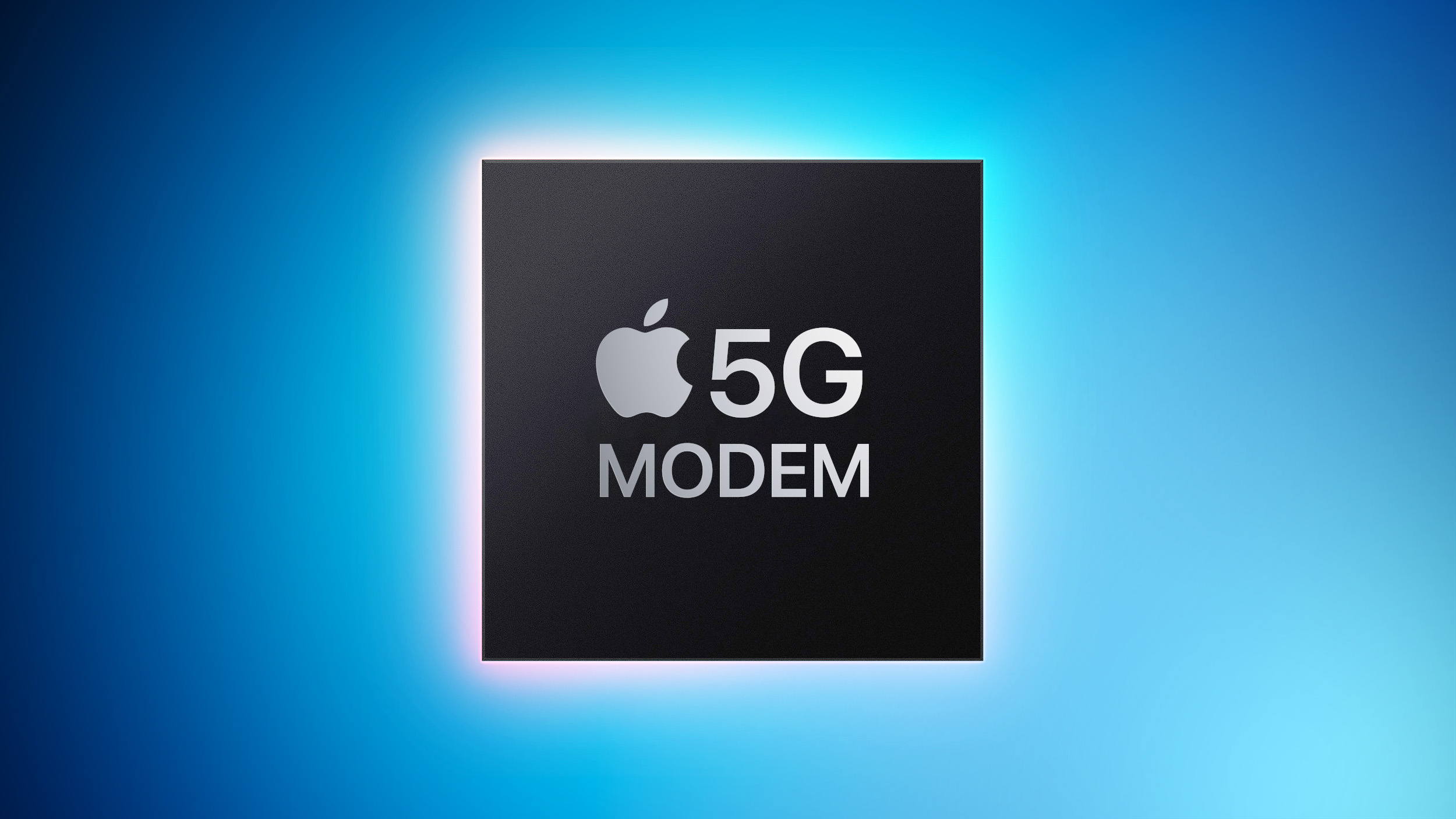![]()
In the last few years, Apple has spent billions of dollars attempting to develop its own modem chip to replace the Qualcomm modem chips that it uses in iPhones, but a new paywalled
Wall Street Journal report suggests Apple's approach to the project has been dogged by unrealistic goals, a poor understanding of the challenges involved, and completely unusable prototypes.
Apple's plan to design its own in-house modem led to the hiring of thousands of engineers: Apple
acquired the majority of Intel's smartphone modem business in 2019, and as it filled the project's ranks with Intel engineers and others hired from Qualcomm, company executives set a goal to have the modem chip ready for fall 2023.
The modem chip project was codenamed Sinope, after the nymph in Greek mythology who outsmarted Zeus.
However, "it soon became apparent to many of the wireless experts on the project that meeting the goal was impossible," according to the report.
The obstacles to finishing the chip were "largely of Apple's own making," according to former company engineers and executives familiar with the project who spoke to
WSJ. Teams working on the project were "slowed by technical challenges, poor communication and managers split over the wisdom of trying to design the chips rather than buy them."
From the report:
Apple's ability to design its own microprocessors for iPhones and iPads reportedly caused the company to think it could build modem chips. However, such chips transmit and receive wireless data from various types of wireless networks, and must comply with strict connectivity standards to serve wireless carriers around the world, making them a significantly more challenging undertaking.
Executives reportedly better understood the challenge after Apple tested its prototypes late last year. The results were so poor that the chips were "essentially three years behind Qualcomm's best modem chip," and using them threatened to make iPhone wireless speeds slower than its competitors, according to people familiar with the tests who spoke to
WSJ.
Apple was forced to
settle its lawsuit with Qualcomm and has since used Qualcomm 5G modem chips for its latest iPhone and iPad lineups. As it stands, 2025 may be the soonest that the technology is finally advanced enough for Apple to phase out Qualcomm, according to the report's sources.
"These delays indicate Apple didn't anticipate the complexity of the effort," said Serge Willenegger, a former longtime Qualcomm executive who spoke to
WSJ. "Cellular is a monster." Underlining the significance of Apple's setback, the company last week
extended its agreement to obtain modems from Qualcomm for three more years.
Article Link:
WSJ: Apple's 5G Modem Prototypes 'Three Years Behind Qualcomm's Best Chip'



